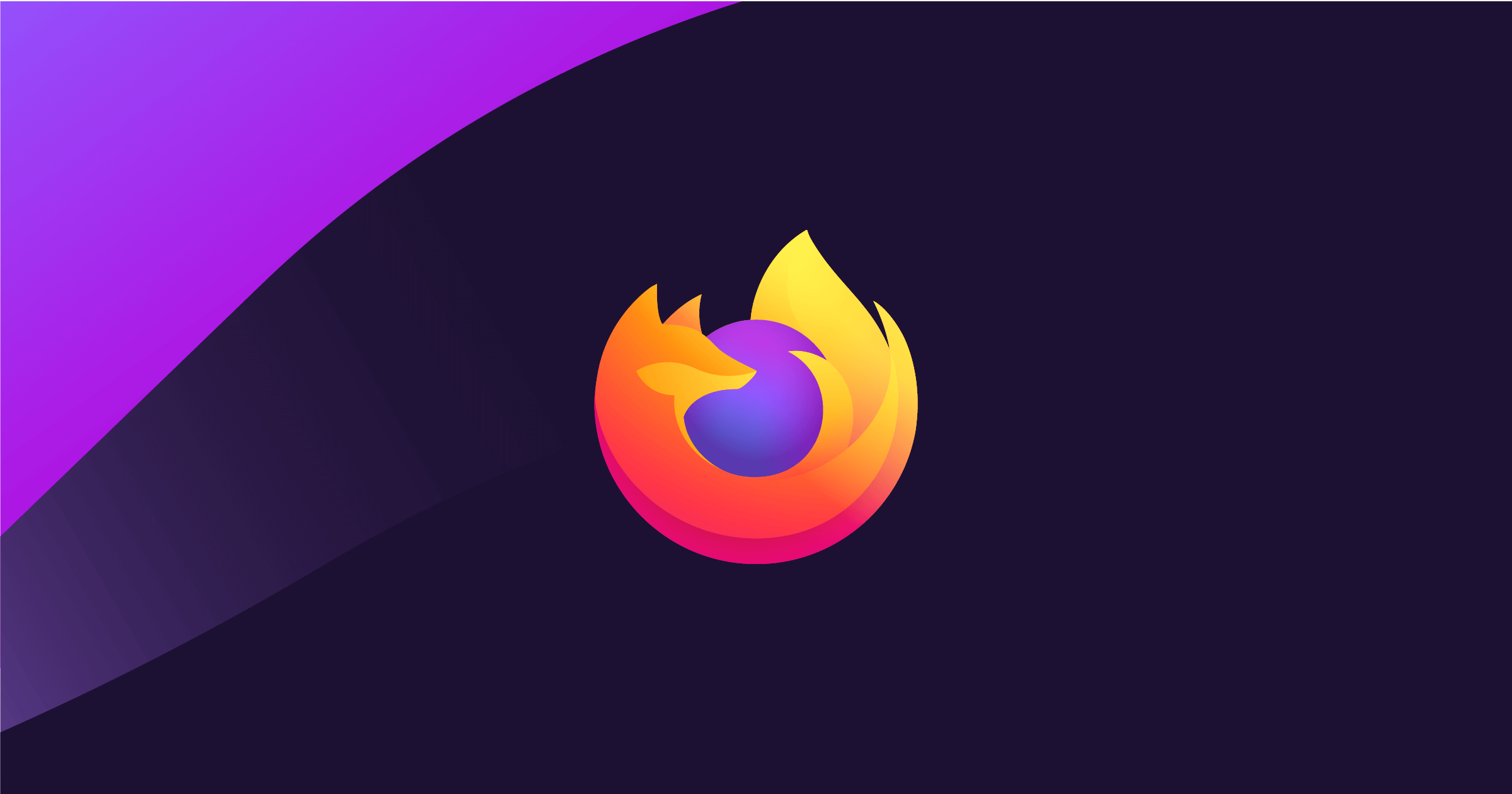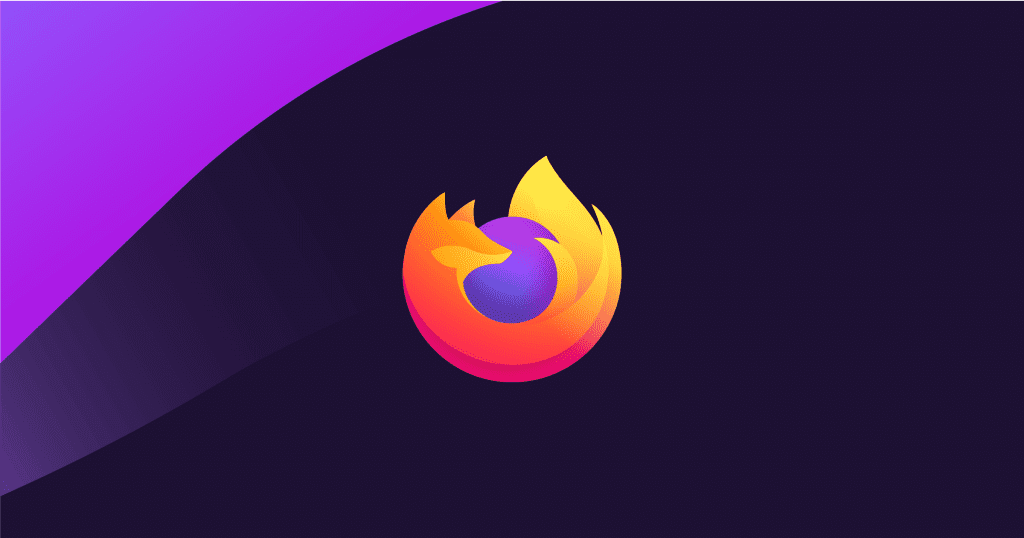In May last year, Mozilla issued a document stating that Firefox will support Google’s Manifest V3 (MV3) specification to maintain compatibility and support extended cross-browser development. In May of this year, Mozilla announced that it had introduced a preview version of Manifest V3 in the development version of the Firefox browser, and planned to introduce official support for the Manifest V3 extension by the end of 2022.

Now it’s really the end of the year, and Mozilla has announced the next phase of its plan as expected. Beginning November 21, 2022, browser extension developers can upload Firefox Manifest V3-compatible extensions to addons.mozilla.org (AMO) and sign them as MV3 extensions. Signing MV3 early allows developers to start testing extension features on Firefox Nightly to ensure a smooth transition to Firefox MV3.
Mozilla also plans to officially enable MV3 support in the Firefox 109 stable release on January 17, 2023. Mozilla will gradually modify MV3 as time goes by and feedback is collected. Support for MV2 will remain for the foreseeable future, though at the end of 2023, Mozilla will evaluate MV3 and may take deprecation of MV2 support into account.
Manifest V3 represents one of the biggest shifts in the scaling platform since its introduction a decade ago. Extensions using Manifest V3 will gain security, privacy, and performance enhancements. However, Manifest V3 has a lot of adverse effects on ad blocking and privacy extensions to a certain extent. In Manifest V2, there is an API called WebRequest that allows extensions to intercept incoming network data and display corresponding content on the browser. It is processed/filtered before being displayed.
However, in Manifest V3, Google replaced the WebRequest API with the declarativeNetRequest API. This change makes such extensions face the embarrassing situation of being useless. So Mozilla will keep the WebRequest API in Firefox to ensure that extensions are not limited in providing the functionality they were designed to do. Mozilla will also implement the declarativeNetRequest API, and will continue to expand compatibility with MV3 in subsequent releases.

MV3 also brings a UI change with the addition of a new Unified Extensions button (already used on Firefox Nightly). This gives users direct control over which extensions can access which specific websites.
Users are able to check, grant or revoke MV3 extension access to any website. MV2 extensions will also be displayed on the button interface, but the corresponding permissions cannot be used to access functions.
#Firefox #opens #Manifest #extension #test #News Fast Delivery
